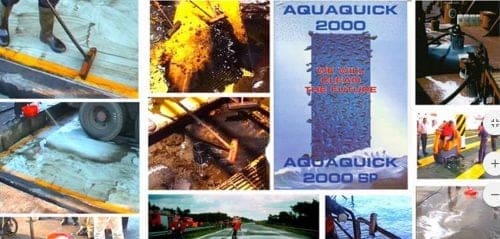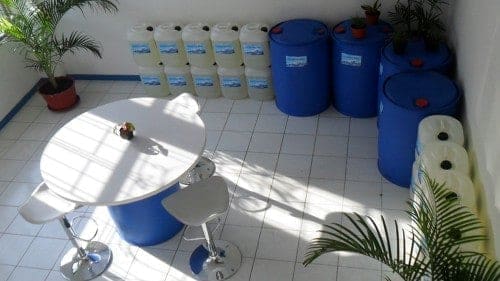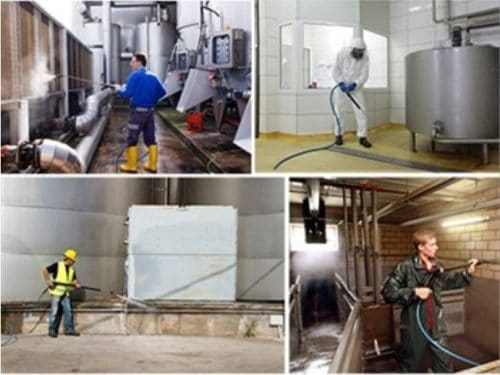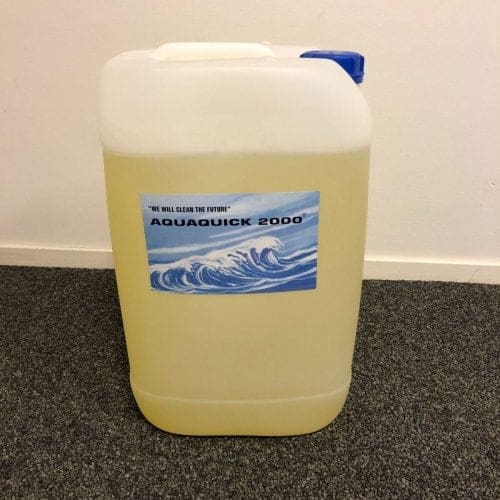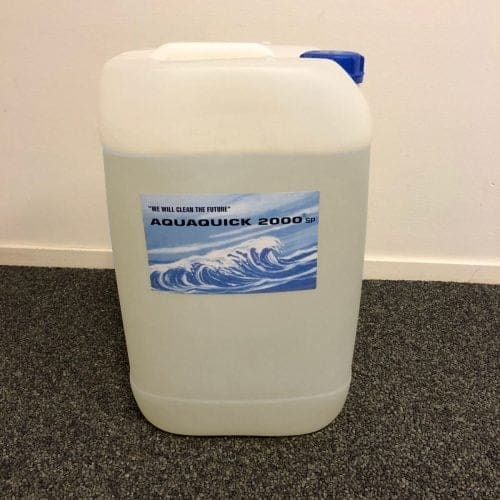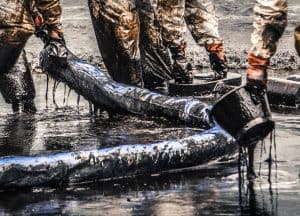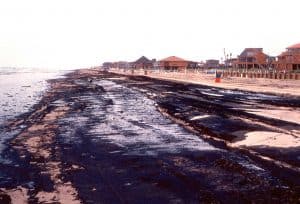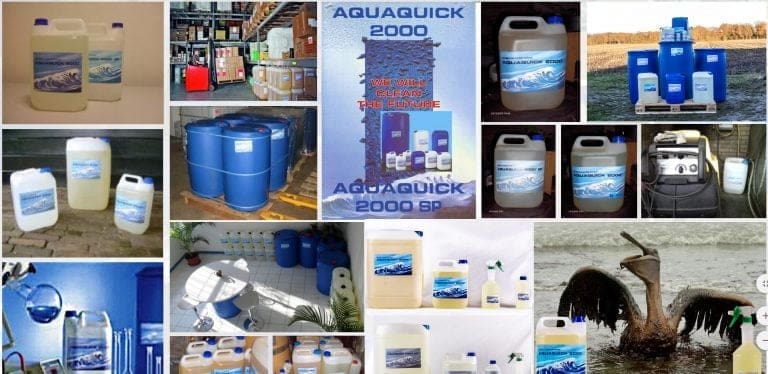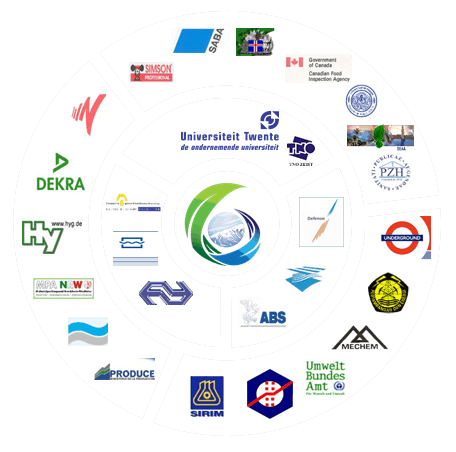Oil pit separators play a critical role in managing waste and maintaining the integrity of industrial operations, particularly in industries that generate large amounts of oil-laden wastewater. These separators are essential for preventing environmental contamination and ensuring that industries meet regulatory standards. In this article, we will explain what oil pit separators are, how they work, and why they are indispensable for industrial operations.
What Is an Oil Pit Separator?
An oil pit separator is a mechanical device designed to separate oil from water and other contaminants in wastewater. It is commonly used in industries such as automotive, manufacturing, food processing, and oil refining, where oil spills and wastewater runoff are prevalent. The purpose of the separator is to remove oil from wastewater before it is released into the environment or enters the sewage treatment system.
Basic Function
The primary function of an oil pit separator is to filter out oils, hydrocarbons, and other floating substances from wastewater. Oil and water have different densities, and they naturally separate when left undisturbed. The oil pit separator takes advantage of this property by allowing the wastewater to flow into a tank where the oil rises to the surface, and the water is sent to a separate outlet.
The separation process typically involves gravity-based methods, but some advanced separators also use filtration systems, coalescing plates, or chemical agents to enhance oil removal efficiency. The separated oil is then collected and disposed of or recycled, depending on the specific industry requirements.
How Do Oil Pit Separators Work?
Oil pit separators are designed to handle the specific needs of different industries and environments. They vary in size and complexity, from small systems for individual businesses to large-scale systems used in industrial plants.
1. Gravity-Based Separation
The most common method used by oil pit separators is gravity-based separation. This method relies on the difference in density between oil and water to facilitate the separation. When the wastewater enters the separator, it flows through a series of chambers where oil rises to the surface, while the denser water sinks to the bottom. The separated oil is skimmed off the surface, and the cleaner water is discharged from the separator.
2. Coalescing and Filtration
In some systems, additional technologies are used to improve the separation process. Coalescing plates or filters are often included in oil pit separators to help larger oil droplets combine into larger masses, making it easier for them to rise to the surface. These systems are more effective in environments where the wastewater contains fine oil particles or emulsified oils that are difficult to separate using gravity alone.
3. Chemical Treatment
Some oil pit separators also use chemical agents to break down the oil or emulsify it, making it easier to separate from the water. These chemical treatments are particularly useful for industries where the oil is mixed with other substances, such as grease or detergents, that make physical separation more challenging.
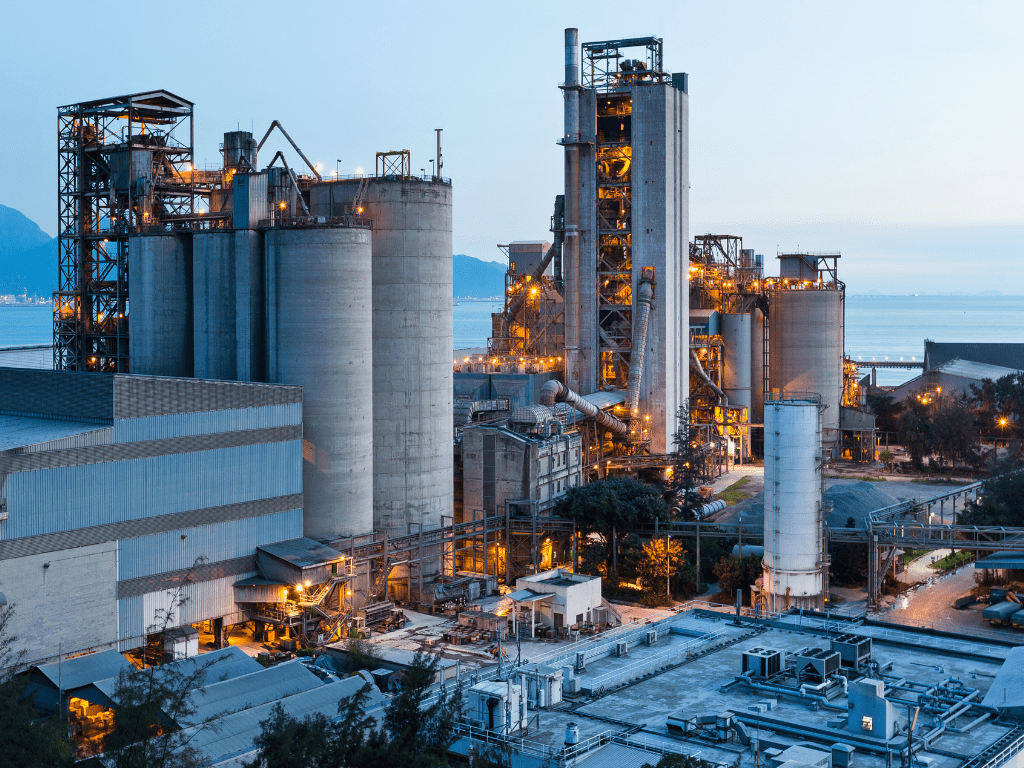
Why Are Oil Pit Separators Essential for Industry?
Oil pit separators are indispensable for industries dealing with oil-laden wastewater for several reasons. Below, we explore some of the key reasons why these separators are essential for industrial operations.
1. Environmental Protection
Oil spills and water contamination are major environmental concerns. Without an oil pit separator, industries would release oil-contaminated wastewater into the environment, potentially causing significant harm to ecosystems. The oil can pollute rivers, lakes, and oceans, harming wildlife and disrupting aquatic ecosystems. By using oil pit separators, industries can ensure that they meet environmental standards and prevent the release of harmful substances into the environment.
2. Regulatory Compliance
In many industries, environmental regulations require that wastewater be treated before being discharged. The use of oil pit separators helps industries comply with these regulations by ensuring that the oil content of wastewater is within acceptable limits. Failure to comply with these regulations can result in fines, legal consequences, and damage to a company’s reputation.
In addition to oil pit separators, products like AQUAQUICK 2000 can help speed up the cleanup process by breaking down oil and other contaminants more efficiently, ensuring that industries can meet compliance standards even in the event of an accidental spill or excessive contamination.
3. Cost-Effective Wastewater Management
Proper wastewater management is a key component of industrial operations. Without oil pit separators, industries would need to invest in more expensive and complex wastewater treatment solutions. By using oil pit separators, companies can reduce the amount of water that needs to be treated and minimize the costs associated with the disposal of contaminated water.
Additionally, oil recovered through the separation process can sometimes be recycled or reused, further reducing costs. For example, industries involved in the oil and gas sector can recover and reuse the oil extracted from wastewater, minimizing waste and maximizing resource efficiency.
4. Protection of Equipment and Infrastructure
Oil and grease can cause significant damage to industrial equipment, pipes, and machinery. When oil enters the wastewater system without being separated, it can accumulate on pipes and machinery, leading to corrosion, blockages, and reduced efficiency. Oil pit separators prevent this buildup by removing oil before it enters the system, ensuring that equipment and infrastructure remain in good working condition.
5. Improved Safety
Oil-laden wastewater can pose a safety hazard, particularly in manufacturing facilities and construction sites. The presence of oil on floors, in drains, or on other surfaces can create slippery conditions, increasing the risk of accidents and injuries. By effectively removing oil from wastewater, oil pit separators help maintain a safer work environment for employees.
Applications of Oil Pit Separators
Oil pit separators are used across a variety of industries where oil contamination is a concern. Some common applications include:
- Automotive Industry: Car washes, repair shops, and service stations often use oil pit separators to handle the oil-laden water generated from cleaning vehicles or performing maintenance.
- Manufacturing: Factories that produce oil-based products or use lubricants in their processes benefit from oil pit separators to treat wastewater.
- Oil and Gas Industry: Oil refineries and drilling operations rely on oil pit separators to manage the large volumes of wastewater produced during extraction and processing.
- Food Processing: Facilities that use oils or grease in food production processes require oil pit separators to maintain clean water and meet health standards.
Conclusion
Oil pit separators are an essential part of industrial wastewater management. They help separate oil from water and prevent environmental contamination, reduce operational costs, and ensure regulatory compliance. Industries that deal with oil-laden wastewater must invest in these systems to maintain the safety, efficiency, and sustainability of their operations. With advanced products like AQUAQUICK 2000, industries can further enhance their ability to clean up oil spills and ensure that their wastewater treatment processes are as effective as possible.

